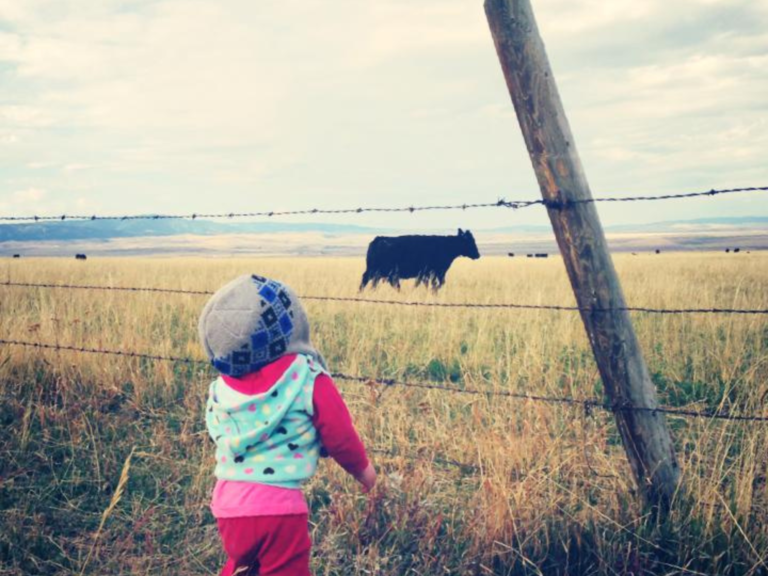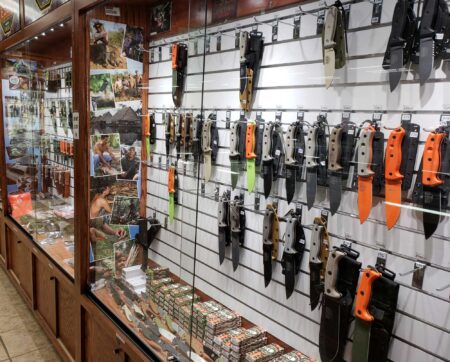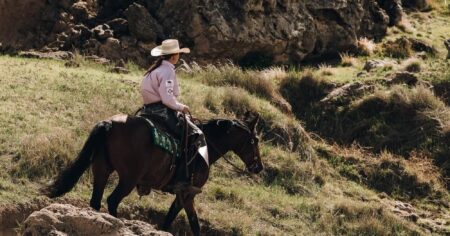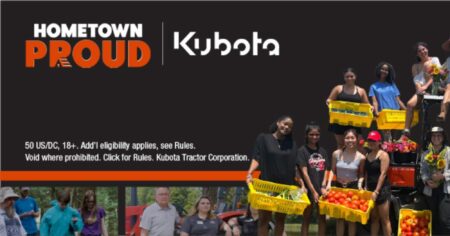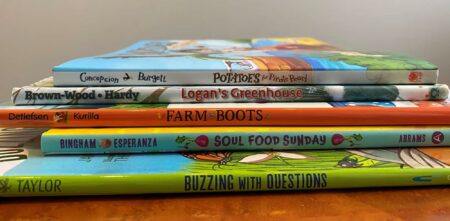Life in the country just hits differently. The chores, the unexpected encounters, and the small-town quirks all come together in ways our urban and suburban counterparts might never experience. Take, for example, a seemingly mundane task: a trip to the dump.
For some, it’s a chore. For others, it’s practically a mental health excursion — a moment of solitude, a break from the daily grind, or even an unspoken test of self-sufficiency. But as with most things in rural life, nothing is ever quite that simple.
Picture this: A woman (not naming names or looking in the mirror as I type this) pulls into the dump, truck bed neatly stacked and secured. The crew offers to help, but she’s been down this road before. The last time she accepted, one of them slipped, hit the ground hard, and limped away with a bruised ego and possibly worse. Ever since, she’s had to politely decline their offers — after all, if she loaded the truck herself, surely she can unload it too.
And if that wasn’t enough of a mess, there was the time she hauled a horse trailer full of scrap building materials, thinking a little extra muscle from the dump crew would make things easier. Instead, their equipment made quick work of the trailer floor, reducing it to splinters.
Turns out, sometimes “help” is more destructive than useful.
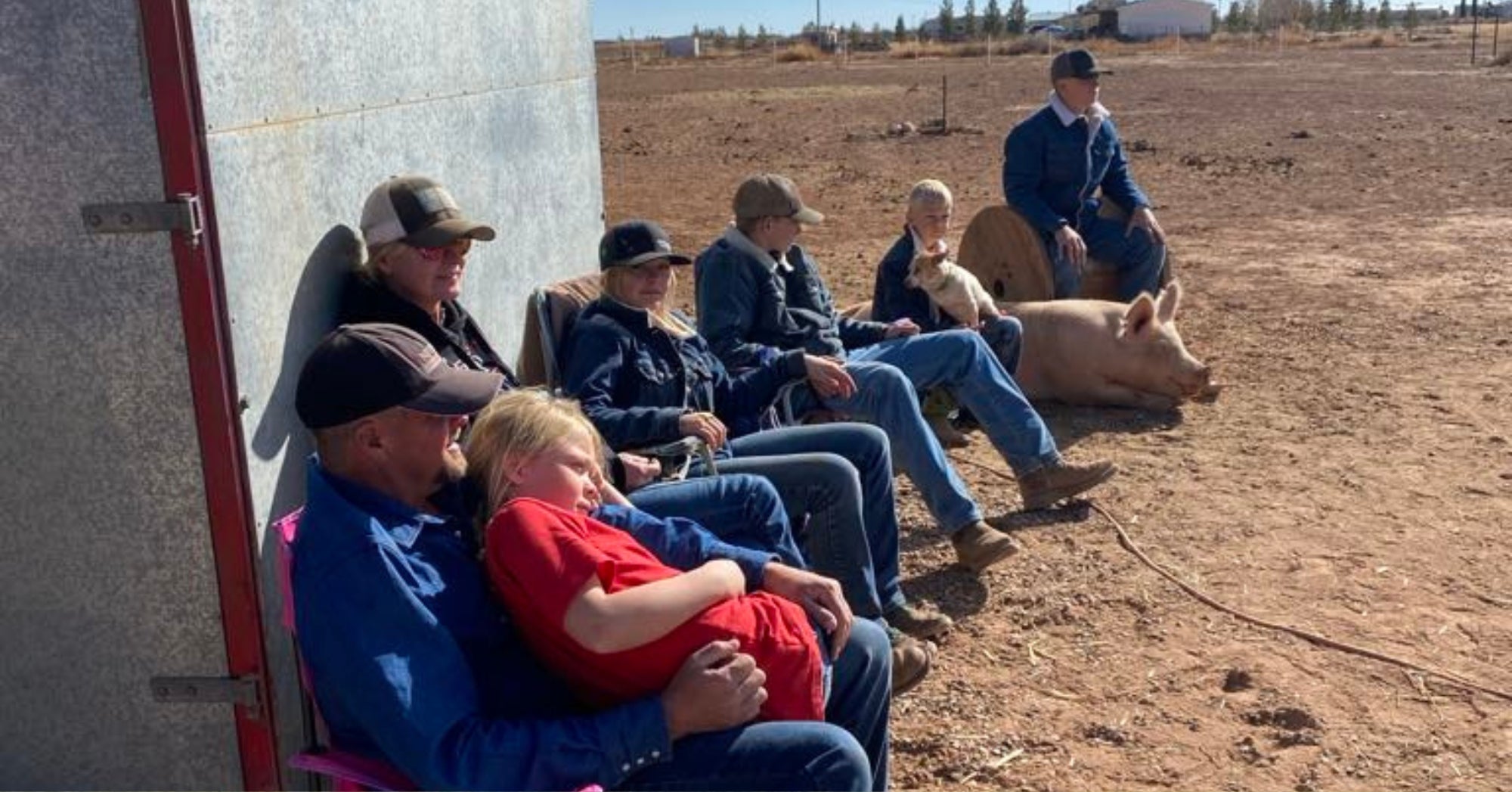
These kinds of mishaps are just part of the rural experience, where even the simplest errands have a way of becoming stories. Like how a quick run to Walmart inevitably turns into a high-stakes social encounter — one where you’re guaranteed to run into at least three people you know while looking like you just rolled through a pigpen.
And no, a hasty spritz of lavender perfume does not, in fact, cover the scent of livestock. It just creates an entirely new, arguably worse, aroma: lavendersh*t.
Then there’s the great hay bale mystery. One second, you’re hauling a trailer full of round bales. The next, you hit the brakes at a red light, and somehow, a 1,200-pound bale has vanished. The first instinct? Call every livestock buddy within a five-mile radius to see if one of them has “found” it — which, in rural terms, means permanently adopted it.
Of course, the wardrobe struggles are real, too. That cute winter hat you thought would make you look stylish? In reality, it makes you look like a complete hillbilly jackwagon. But at least the cows don’t judge.
And if there’s one universal truth about country living, it’s that profanity and elbow grease are the ultimate problem-solving tools. Whether it’s a stubborn bolt, a busted fence, or a tractor that just won’t cooperate, a few choice words somehow make everything work just a little bit better. Generations before us swore by it — literally.
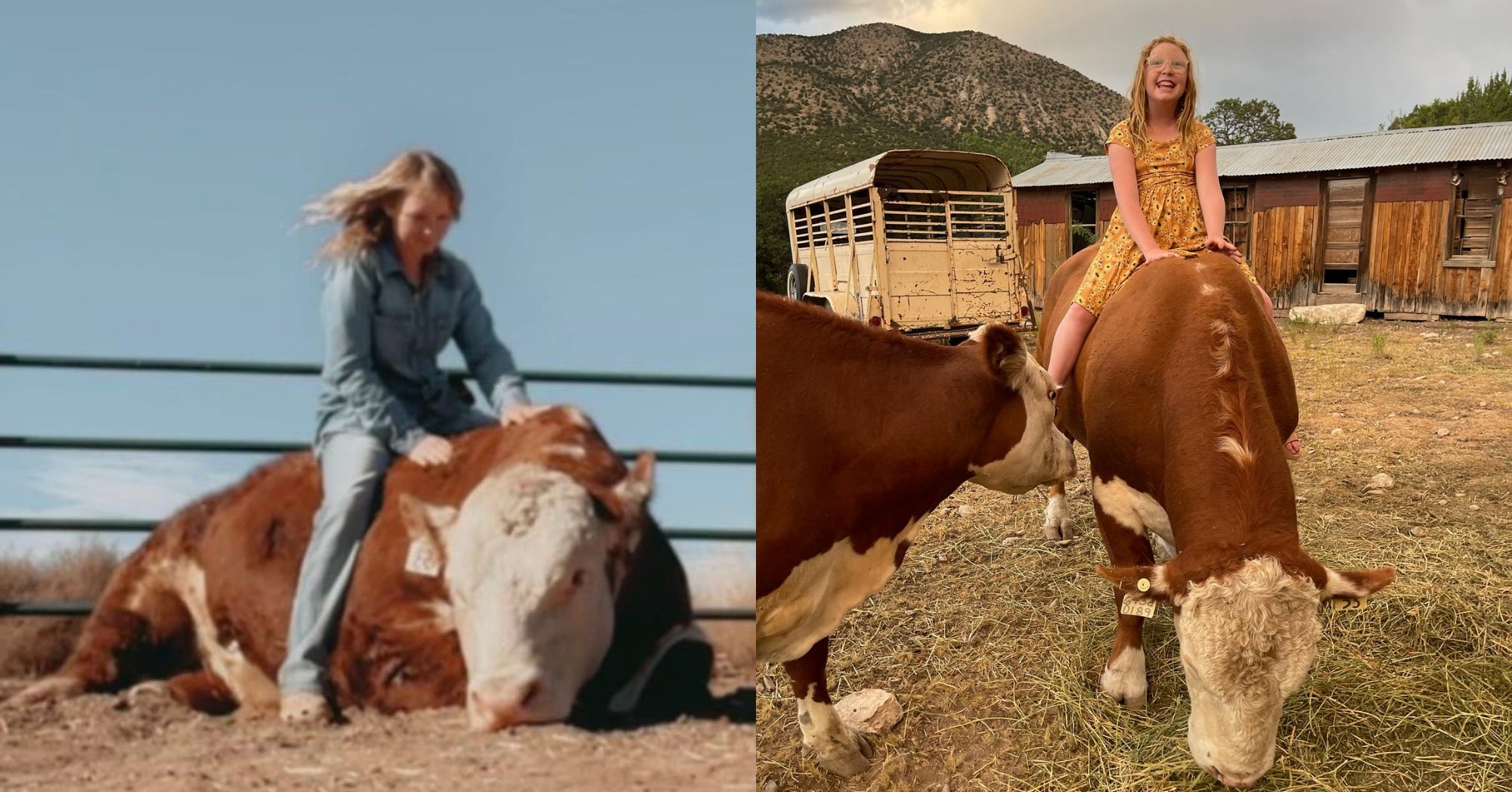

It’s the little things, really. The local tire shop that sells “better” used tires because a brand-new one is out of the budget. The kids who, after watching the vet preg-check the cows, decide the family dog needs the same treatment — armed with an OB sleeve and a bottle of dish soap. Or the realization that your expensive, registered bull has become an amusement park ride for a bunch of farm kids.
And just when you think you’ve seen it all, you find yourself stuck waiting for parts in the rain, with no lunch, repelling off a broken windmill just to pass the time (please, be safe out there … and don’t call OSHA).
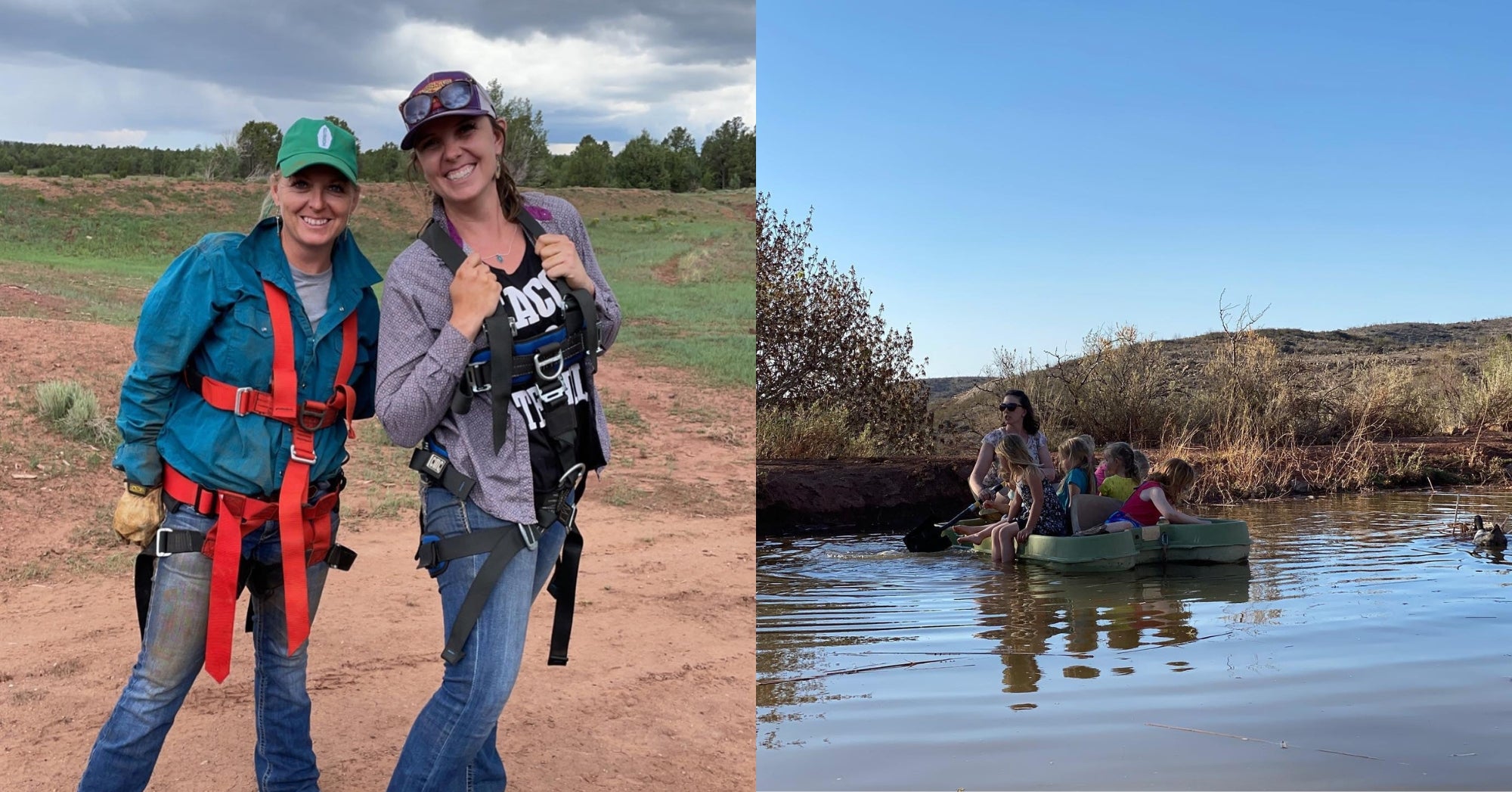

It’s all just another day in rural life — where the best stories aren’t planned, but sometimes sure are worth telling … or sometimes not.
Heidi Crnkovic, is the Associate Editor for AGDAILY. She is a New Mexico native with deep-seated roots in the Southwest and a passion for all things agriculture.


:max_bytes(150000):strip_icc()/6895915516_c5d91051e4_o-dcfd56ad94744fe7a21a73a4193bf43a.jpg)
:max_bytes(150000):strip_icc()/BloombergContributor-2213407471-950399016ccb4e73ab5886ad1d623b2e.jpg)



